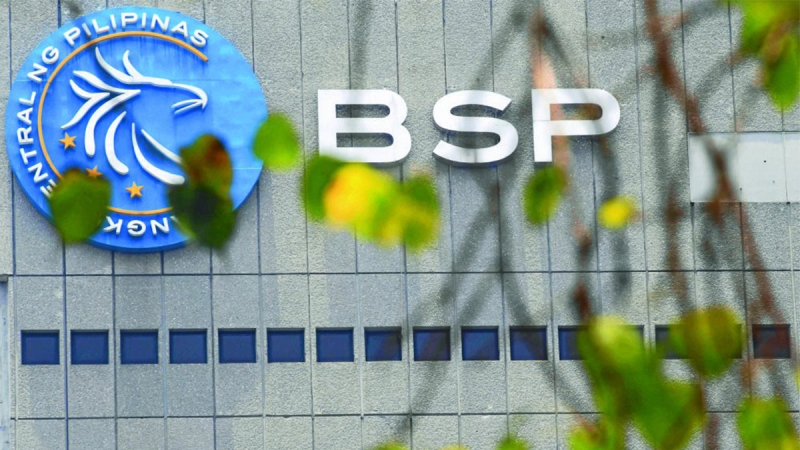Bangko Sentral ng Pilipinas (Photo/Philippine Daily Inquirer)
Nomura Securities said the Philippine economy has absorbed the recent easing policy of the Bangko Sentral ng Pilipinas (BSP) much faster than the last rate-cutting cycle, making monetary policy a stronger source of support for the economy amid uncertainty over Donald Trump’s second term as president.
The same is true for other Southeast Asian countries such as Indonesia and Thailand, the Japanese investment bank said in a note, adding that improved policy transmission could help ease headwinds from abroad.
In the Philippines, monetary policy is usually implemented with a lag of 9 to 12 months.
But Nomura’s own estimates show that cumulative rate cuts of half a percentage point so far this year have reduced bank lending rates by 41 basis points, implying a transmission rate of 81.5%, much higher than the 34.5% of the last easing cycle in 2019-2020.
Nomura said the shorter lag was due to the impact of the Bangko Sentral ng Pilipinas’ structural reforms, including the 2016 policy corridor framework and the introduction of more liquidity management tools.
“Overall, the additional policy rate cuts we forecast this cycle .. should stimulate domestic demand more effectively than before, thanks to improved policy transmission, and help offset external headwinds from Trump’s policies,” the report added.
Economists polled by the Inquirer expect the powerful Monetary Board (MB) to cut the central bank’s benchmark interest rate by 25 basis points at its Dec. 19 meeting, citing a modest rise in inflation in November and third-quarter economic growth that fell short of market expectations.
The decision will leave the benchmark lending rate, which banks typically use when charging interest on loans, at 5.75%, still in easing mode after two quarter-point cuts at the central bank’s August and October meetings last year.
Looking ahead, the recent cut in banks’ reserve requirement ratio will help the economy absorb the impact of rate cuts more quickly, Nomura said.
“If inflation continues to trend lower in the near term as we expect, the BSP may consider further unwinding monetary policy constraints to support a recovery in domestic demand,” it said.


